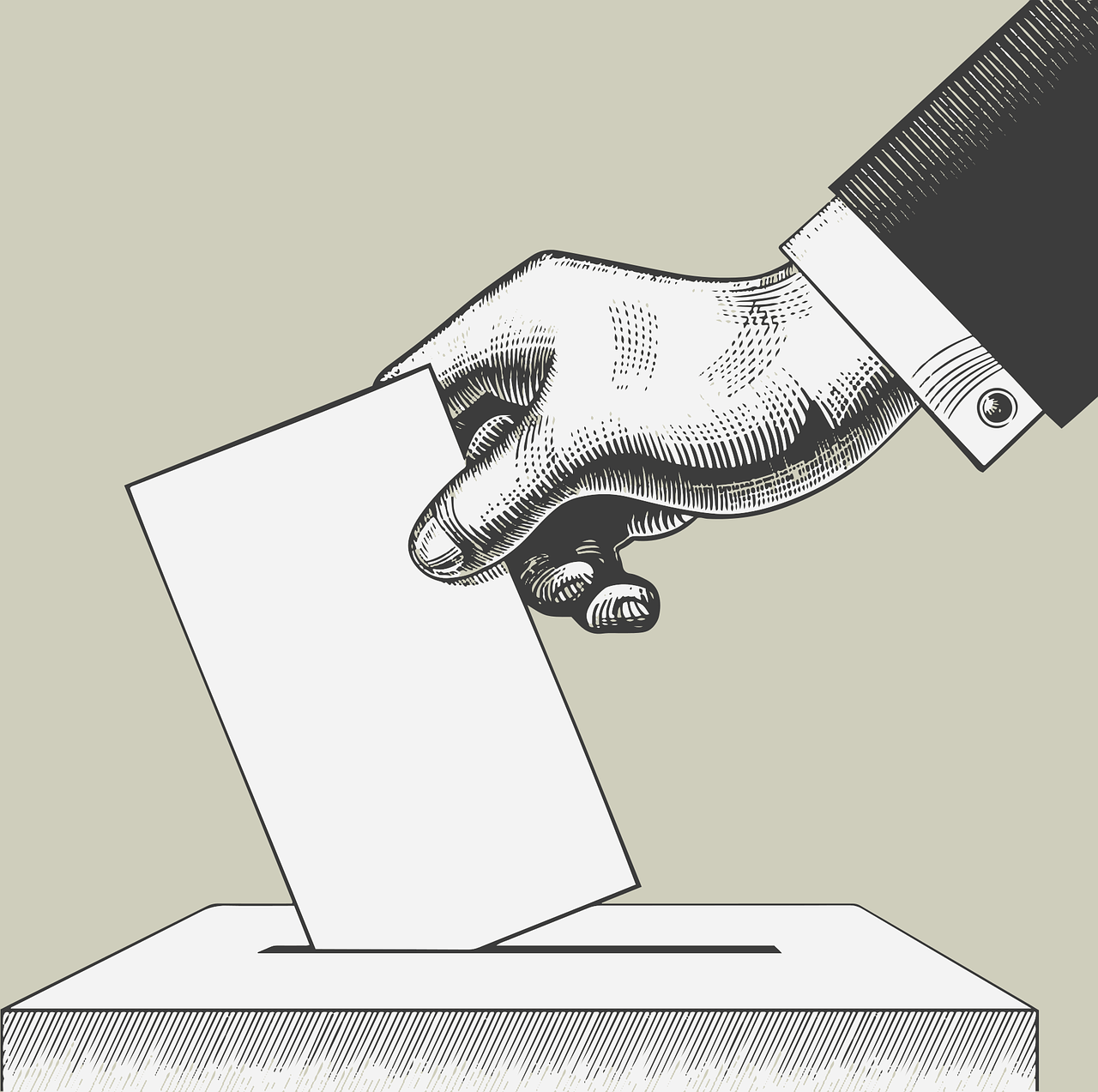The date the RACGP's presidential election depends on the timing of the AGM, but it won’t be before August
The RACGP presidential election is at least two months away, but the timing depends on the date for the AGM, which has been postponed due to COVID-19.
Nominations have not officially opened for candidates to replace Dr Harry Nespolon, whose presidency will expire this year after the board voted against special measures to extend it for continuity during COVID-19.
The AMA has decided to keep Dr Tony Bartone in place after his term was to expire this month.
So far there have been two informal nominations, both Melbourne GPs: Dr Karen Price, founder of GPs Down Under and deputy chair of RACGP Victoria, and Dr Chris Irwin, owner of two clinics in Ivanhoe and Diamond Creek.
“I’m going to try and rebuild general practice and engage the members in a thriving sector, and that means have a very broad approach, using all the strengths of our members and member organisations, so it’s bringing everyone together and creating a vision for rebuilding general practice,” Dr Price told TMR in mid-May.
Dr Irwin, who has no previous position with the college, is positioning himself as an outsider and a “passionate defender of the central role of general practice in healthcare”, who will defy what he calls the college’s corporate agenda and collaboration with government.
Among other things, he will lobby against enforced bulk billing, the oppressive use of auditing and the PSR, and the Health Department’s policing of rental agreements between GPs and pathology and other providers.
Past chair of the college board Associate Professor Charlotte Hespe, now chair of the nomination and remuneration committee, told TMR a date was yet to be set for this year’s AGM, which would normally coincide with the annual conference.
“There’s no secret squirrel business – it’s because of COVID,” she said.
“The way the constitution goes is the elections have to be between four and five months out from the AGM. But with GP20 having been restructured to be able to cope with COVID, the date of that has had to go up into the air and therefore the date of the elections has gone up in the air.
“Once a firm date for the AGM is out, the calculations for when elections can take place can then be done, so it’s just a matter of watch this space.”
She said there was a lot of business to be sorted out before the AGM date could be announced, such as audits, which had also been held up by the pandemic.
After that, there was usually a month for candidates to put their hands up for nomination, followed by three to four weeks of campaigning, meaning the 2020 election would be not in June, as has been reported, but in August at the earliest.
The board had announced it was considering calling an extraordinary general meeting to decide whether to keep Dr Nespolon in his role through to 2021. On Thursday it decided against the move, anticipating a lack of support for the motion, which would have required 75% approval.
Professor Hespe said the decision did not reflect any lack of support for Dr Nespolon.
“There’s been resounding support for Harry – I don’t think I’ve ever heard so many people being so extraordinarily positive of a presidency,” she said.
“I think the feedback that the board heard was that not enough of the members felt COVID had destabilised governance or business enough to need to change the constituted two-year term of the president.”
The college has had an acting CEO, chief operating officer and general counsel Nick Williamson, since the October departure of Dr Zena Burgess after 11 years in the job.
Professor Hespe said the job had been advertised and the applications were in the hands of an external consultant, and the new CEO would probably be announced in July, before the election.
Dr Nespolon, whose presidency has been characterised by active political campaigning, told TMR at GP19 that he expected advocacy would be a “very important” part of the new CEO’s role.
“I don’t think we’re just going to be looking for someone who can manage the college – that will be part of their job, but it certainly won’t be all their job, if I have anything to say about it,” he said then.
“There’s no doubt in my mind that there will be another freeze or worse if the college and general practice in general doesn’t engage in the political process and become active advocates for general practice.”



